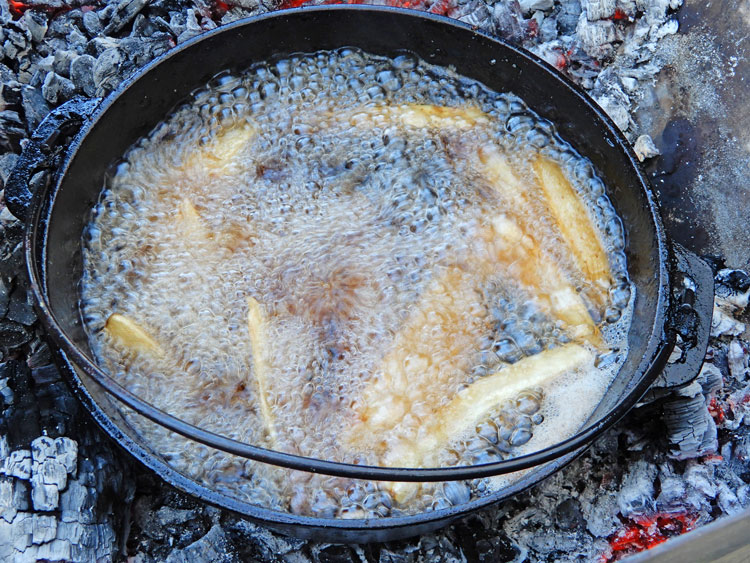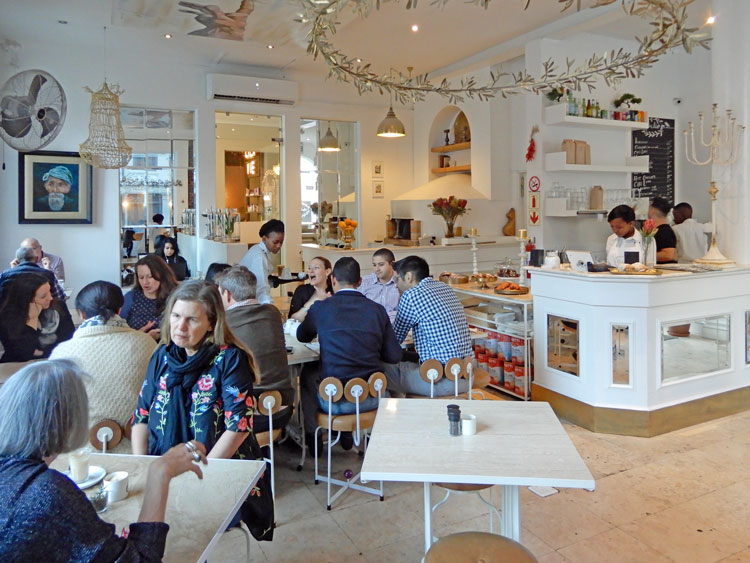"There are more things in heaven and earth, Horatio, than
are dreamt of in your philosophy", wrote William Shakespeare in Hamlet. Johan Reyneke has passion, for
wine and for nature and for doing the right thing. He wants to work in harmony with
nature. We understand and respect what he is doing; this is how we should be
living
We visited Reyneke last week and it was another great
experience, learning about how wine can be grown organically and biodynamically.
Johan started his working life, not as a wine maker, but as a casual farm labourer (studying for a post-grad degree in environmental philosophy) when he
was young and needing a job. He found that he loved it and his career
progressed from there. Johan has won so many well deserved awards for his wines
that he has declined in the past to enter competitions, allowing that others to shine
We arrived early to
find media colleague, Guy McDonald of Magic Radio, already there. The tasting
was obviously going to be on the stoep. Amusingly, Johan said that he was astounded
that all the Cape Town media had arrived quite early, as he'd been warned that we
were always late. Not always true. Certain Stellenbosch media representatives were
a tad tardy
Ah, nice to know what
we'll have for lunch!
The coals were being made ready
The magnificent
view, with the meadow in front which plays a large role in the conversation. It is where some of the high density grazing takes place, using natural processes to build up
soil self-sufficiency
Chef Andrew Jordaan
preparing lunch
We take a walk to the
vineyards. This farm, which Johan farms for its owner, is under conversion in preparation for organic certification. His main farm, which is over the brow of the hill in front, is already
certified organic
A beautiful, sunny
midwinter’s day. Sadly, there is a lot of smog
over False Bay in front of the
Helderberg mountains
We learn about his
farming methods. Johan said that, when he began farming for himself, he
began by going organic by neglect and nothing worked. Then he met Jean Kuiper who farms biodynamically in Elgin and, he says, put him on the right path. Now he farms organically by design; you need to plan to be organic and it
takes a while. The vineyards are herbicide, pesticide and fungicide free. As he
says: "Just like any organic vineyard should be". He believes that we
should return to the farming practices of the past, before chemical products
were invented. And, if you see how healthy his vineyards are, you too can agree.
Read
about his philosophy on his web site
In these vineyards, he is using minimal intervention
while he adjusts them to a completely biodynamic regime
The herd of Nguni cows,
which is not just there for their meat and skins; these cows have names
and they are
respected for the work they do in the vineyards and in the soil conversion
Such handsome beasts
too
Mum and calf being
gently chivvied along by a worker. The workers add value to the farm, not only
with their labour but with support, camaraderie, and humour. They are the
cornerstone of the business. Johan consulted the workers and asked them what
they’d choose for their life. The reply was “home ownership and education for
their children”. The profits from the Cornerstone premium wine range go to projects benefiting the farm’s workers and their
families. To date, four worker families have been rewarded with their own
homes, and currently the project is funding tertiary education for “our first farm
child”
A huge slug on the
path. "Good" said Johan, "food for someone"
The cattle feed well
in the meadow and their manure replaces organic matter. Chickens, which are also
in the kraal with the cows, spread the cow manure by taking out the worms and
insects and breaking it up. In the byres, it is then mixed with old thatch, which is brought
to the farm by thatching companies. It is trodden in by the cows. The manure and other organic matter become compost which
is used on the vines. The thatchers are happy to bring the old thatch at no
charge as it solves a disposal problem for them
It is a happy,
healthy place. Some of the biodynamic practices might sound strange, but they were
all used successfully in the past before modern chemical and other
interventions were used and they work, Johan told us
Time to taste some of
the wines. You won’t find commercially cultivated yeast or bacteria, acid
adjustments or fermentation aids in this cellar. We began with the organic 2017
(57%) Sauvignon (43%) Semillon blend in which the components are vinified separately.
It is unwooded and kept on the fine lees for 5 months. Grassy, grey and Chenin-like
aromas of passion fruit with some herbaceousness; crisp and full on the palate,
with limes, lemongrass and some lees complexity. This bottle has the new label design for the organic range
Listening intently. The next wine was the just-bottled 2018 Chenin blanc, which does not go through malolactic fermentation. Grassy, full and a little bready on the nose, with crisp lime and loquat flavours. It has an interesting, woody lees character, but it has not seen wood. The 2017 Biodynamic Chenin blanc is not organically certified; it is in conversion. It’s more serious. The whole bunches go into the tank for a day to settle, then the clear juice is transferred into a 2500 litre foudre for 10 months. It is shy on the nose, grassy, a little tropical with some herbs. It develops beautifully on the palate, crisp limes and lemons and a little petillance. It is fermented cold to stop any malolactic fermentation. And, finally, the Reserve White; 100% Sauvignon blanc. It spends 12 months in brand new 300 litre French oak barrels with a light toast and no oxidation allowed. It has a pretty, golden oak nose with light vanillins and some floral perfume, stone fruit, nectarines, peaches, white plums and greengages, which give a lovely fruit 'attack' on the palate, a tingle on the tongue and long flavours. Delicious
Great bread and
butter to assuage the hunger
Journalist Jason
Curtis watches as winemaker Nuschka de Vos pours the next wine
She told us that this
is the best fruit she has ever worked with; the terroir expresses itself in the
wine
It's still winter;
leaf buds on the plane trees
Time to taste the Reyneke
red wines. The Reyneke Organic Red is made from 90% Shiraz and 10% Cabernet Sauvignon. Priced at R90 on the farm. A mutable nose, it keeps changing; mulberries, minerality. Soft
wood and some spice. Licorice & dark berries, cassis, black cherry; very
drinkable, and good value. The 2016 Biodynamic Syrah was made with whole
bunches. A shy nose of fruit and green herbs. Rhubarb and plums on the palate
with some tight tannins, green leafiness; more cassis than cherry flavours,
some pepper and turmeric spice
Winemaker and chef discuss details of the lunch
Winemaker Nuschka de
Vos
Then the Reserve 2016 Syrah, beautiful, elegant, cherry cassis fruit with
a little linseed on the nose. This opens up in the glass and releases more
fruit as you drink. Dry chalky tannins, cassis; concentrated and tight, which
means it has a long life to come, so can do with cellar time. White pepper on
the end. It spends 20 months in French oak; R450 on the farm. And, finally, the
Cornerstone 2015. Farm price R800. 37% Cabernet sauvignon, 36% Merlot, 27% Cabernet franc, the grape that dominates first on the nose. Savoury, herbal, very
attractive with incense wood. On the palate, delicious with rounded full berry
fruit, nice chalky tannins, and good wood. Juicy
and long. So satisfying. The proceeds of this wine go to helping the farm
workers and their families, hence the name Cornerstone, which is what they are
Chef making the final
preparations for lunch, which was eagerly awaited
He tells us what we
will be eating
Barbecued fillet
steak
Pink inside and
perfectly cooked
A roasted veg salad
topped with feta and herbs - all farm or local produce
Duck fat potatoes
Creamed mushrooms
Another salad with
avocado, radishes, cheese,
pomegranates, nasturtium flowers and sprouts
A contemplative Jon
Meinking enjoying the sun after a great lunch
The line up of white
wines
The reds we tasted
Thank you so much all
at Reyneke, for making this such a perfect day. The wines are so impressive and
we support you in your quest
RETURN TO MENU
© John & Lynne Ford, Adamastor & Bacchus 2018





































































